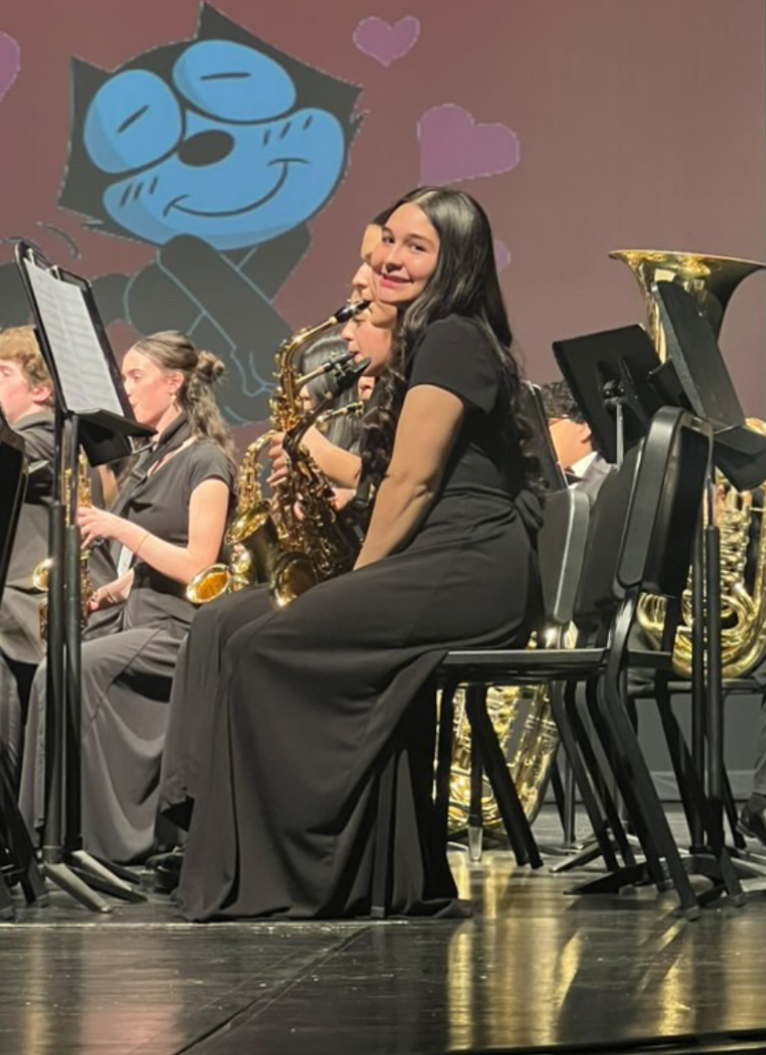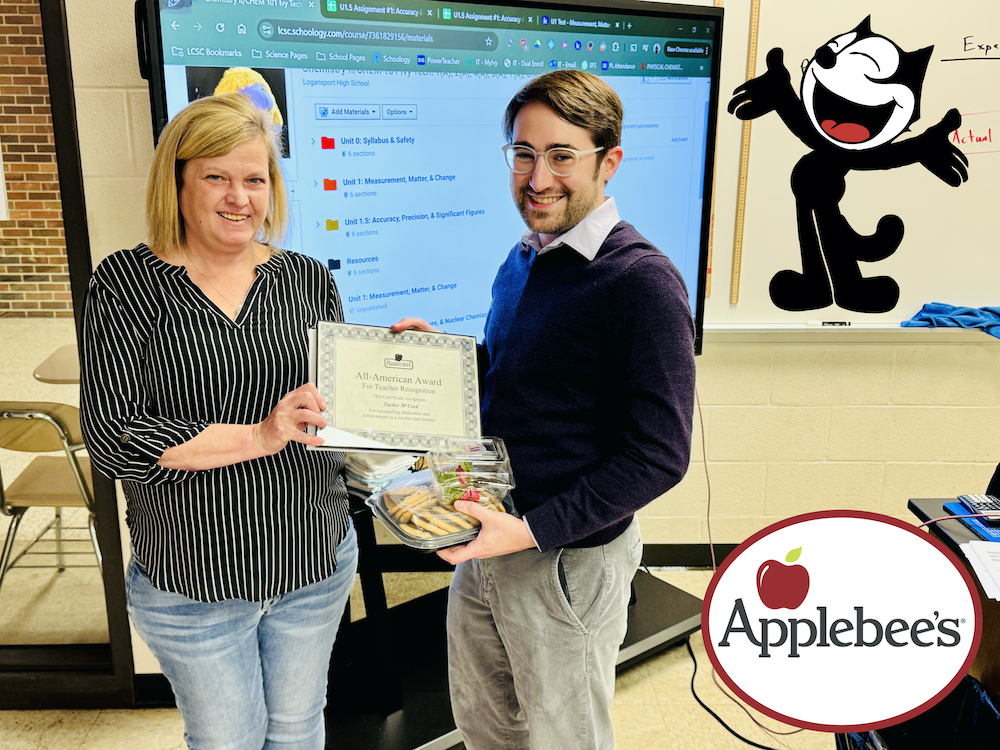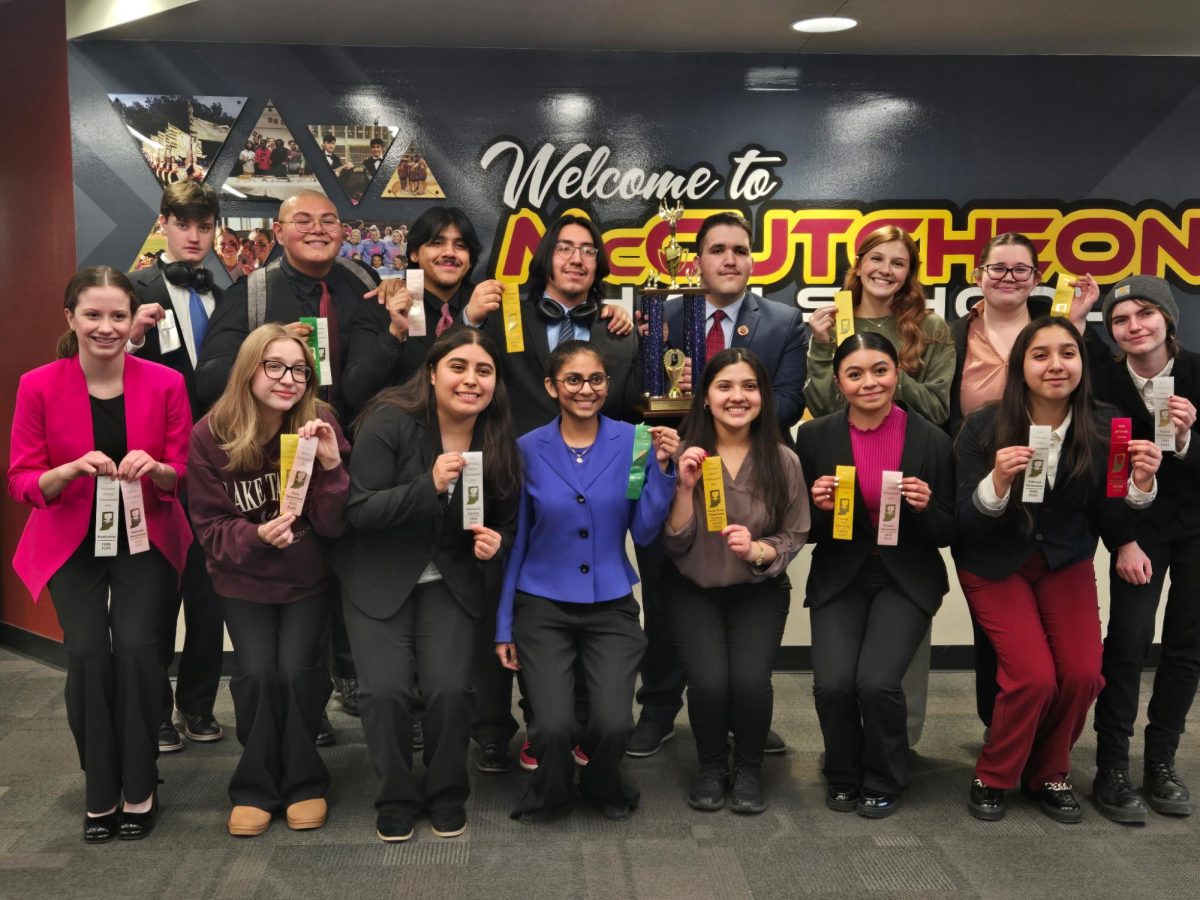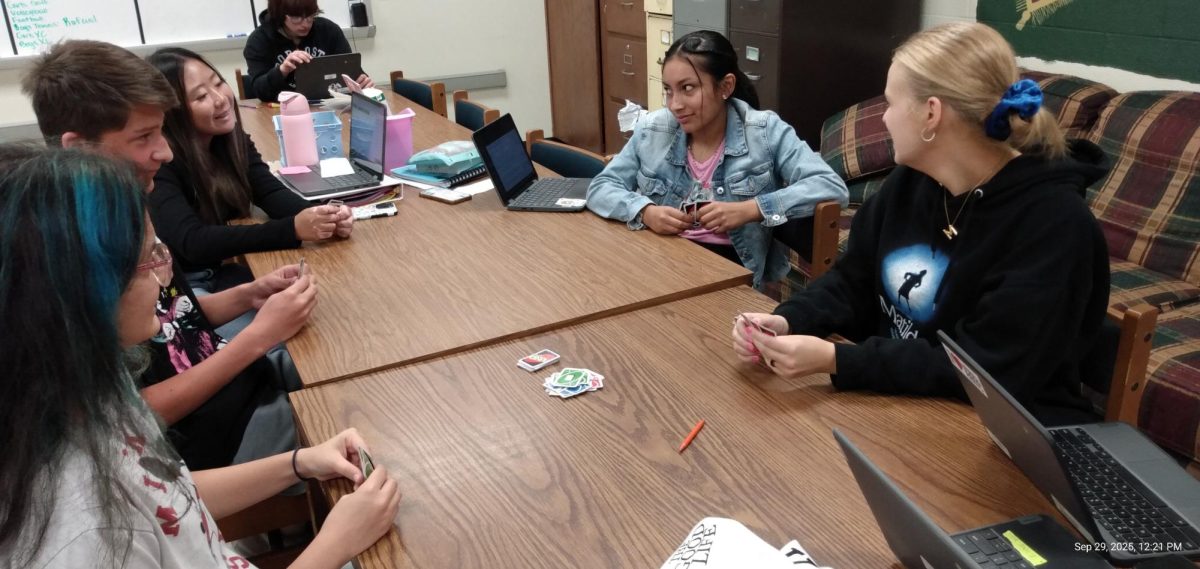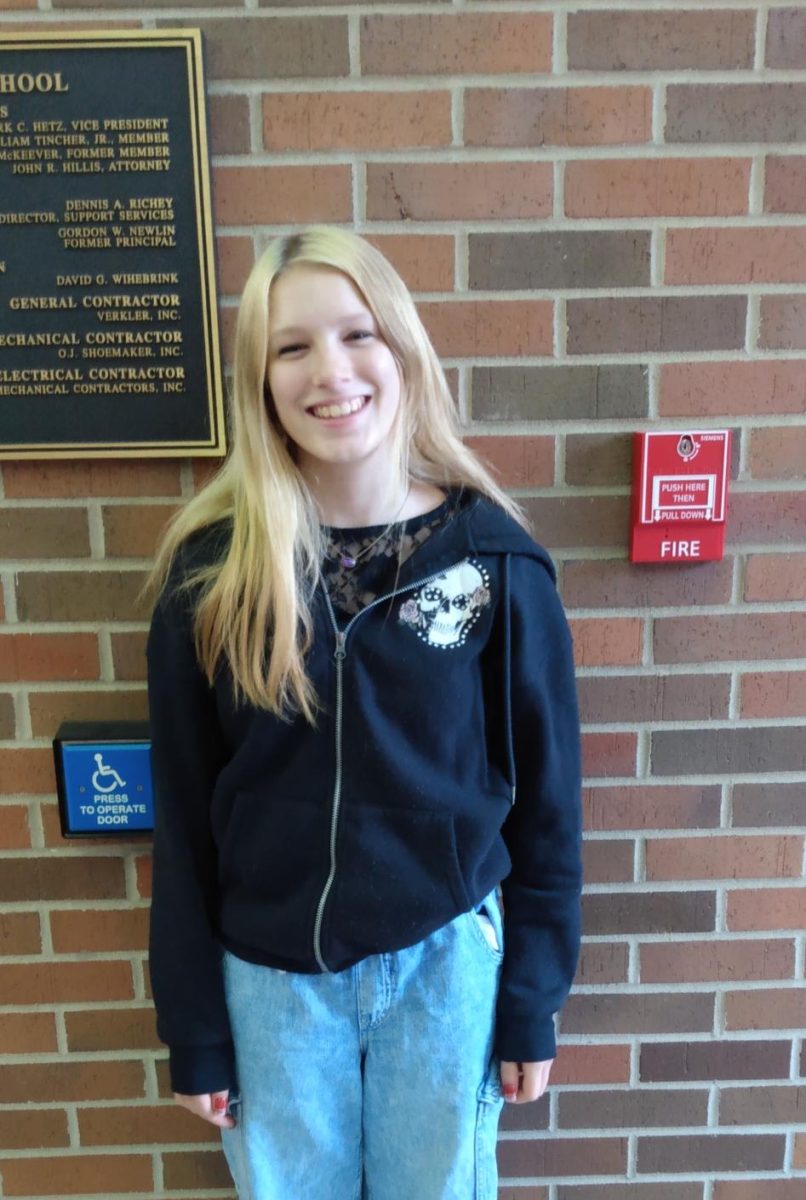A Comprehensive Catalog for Applying to Competitive Colleges
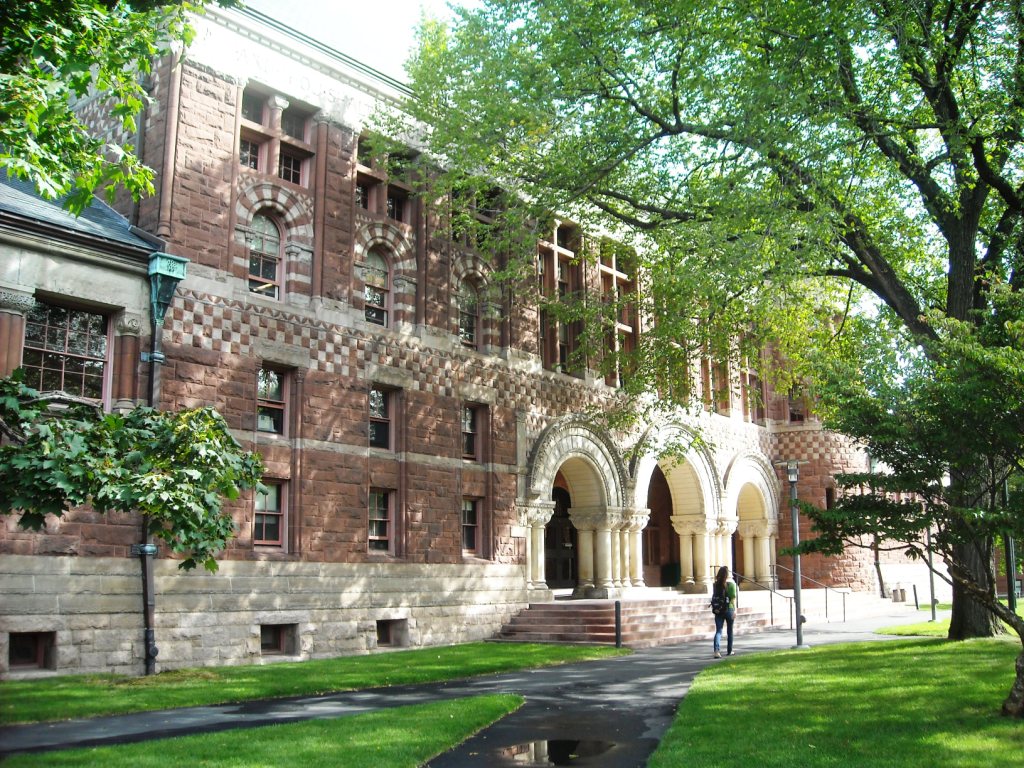
Millions of students all around the globe are getting rejected from their dream colleges without understanding why. Thousands of students apply to competitive schools like Harvard University, but in the end, less than 10% are admitted. So, the question is, how do you get in when so many others didn’t? The answer is simple: you need to stand out from the crowd.
Here are a few things you need to focus on: your GPA (grade point average), extracurricular activities, academic rigor and showcasing impact. Standardized tests are also important for schools like Harvard, Yale, MIT and Dartmouth.
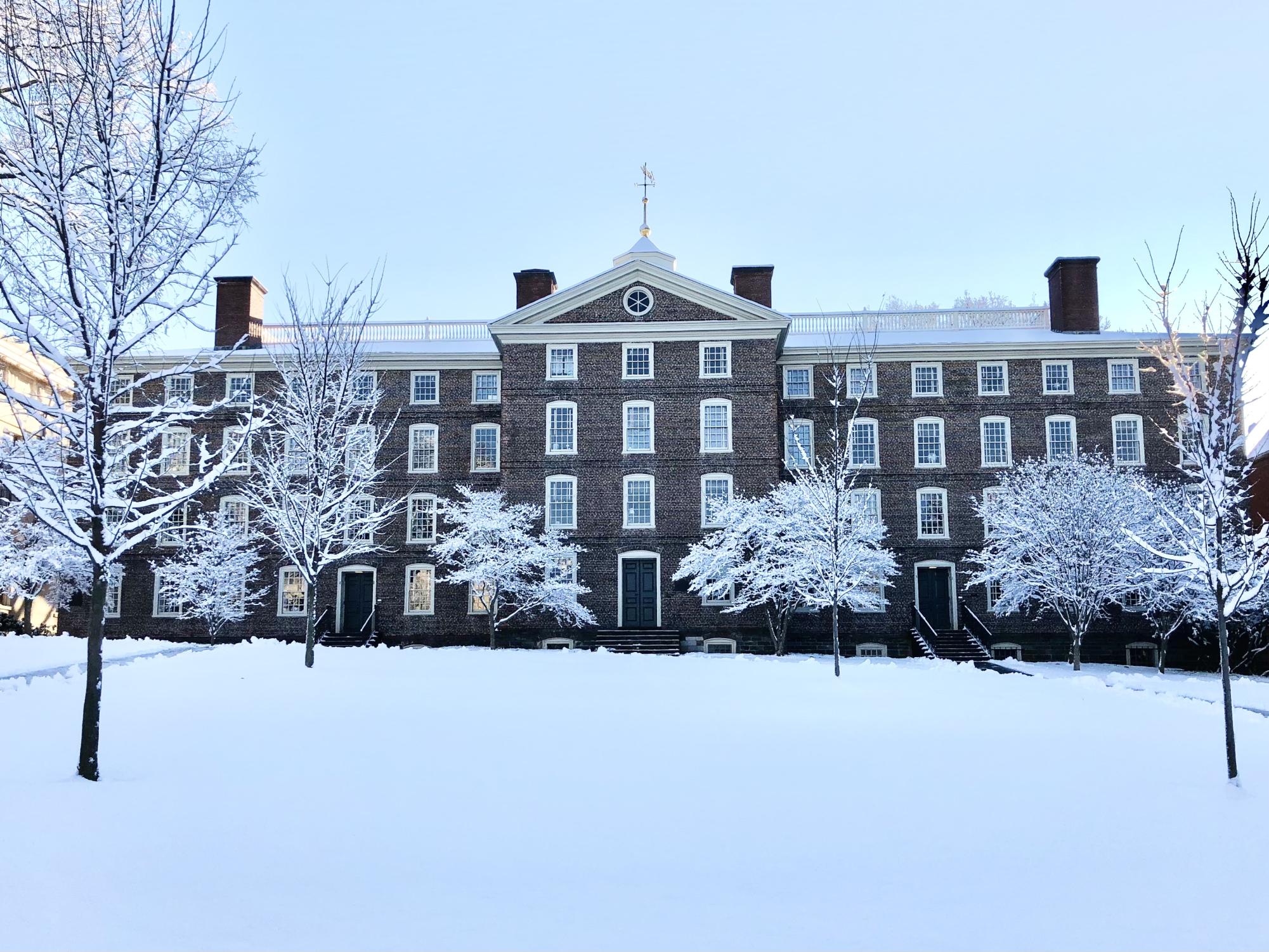
Most colleges, including Brown University, an Ivy League institution in Rhode Island, have what is called a “holistic” admissions process.
“We review every applicant’s file holistically and in context,” an admissions officer from Brown University said. “At Brown, holistic admission means that we consider the whole applicant during the review process rather than solely a list of empirical data. We want to see what you have accomplished with the resources and opportunities available to you throughout your secondary school experience, as well as evaluate your potential to thrive within the unique offerings of Brown University. Every component of the application conveys important information, but your accomplishments in secondary school will have the most influence on our admission decision.”
In simpler terms, your GPA is not the only thing that matters. It is, however, a large part of your application.
“GPA is the most important indicator of academic success,” admission counselor and cofounder of Next Admit Mahad Khan said. “And while a high GPA can help compensate for a lower SAT/ACT score, a high SAT/ACT score cannot compensate for a low GPA. Top colleges want to see you with a majority of A’s and an unweighted around a 4.0.”
For most schools, submitting standardized test scores is optional but for some Ivy League institutions, it’s required. This includes Harvard, Yale, MIT and Dartmouth. Other schools, such as Brown and Caltech, are also bringing it back in the next few years.
“Beginning for Fall 2025 entry, Caltech will require first-year applicants to submit either the SAT or ACT for admission to Caltech. The writing section of the ACT is not required. There is no preferred exam and there is no cut-off score.”
The last part of academic requirements is course rigor.
“What they value almost as much as GPA is course rigor–the difficulty of your courses,” Khan said. “Why does this matter? Because top colleges are hard, and they want to know that students can handle the next level of academics, and a great way to show them you’re ready is by taking AP/IB/Dual Enrollment courses. As such, I always recommend that students take AP courses (as they’re the most popular).”
Logansport High School currently offers seven AP (advanced placement) courses, but a few specific course recommendations include:
English – four years, particularly focused on literature and academic writing.
Math – four years, continuing through calculus when possible, particularly for students interested in STEM.
Science – three to four years, including two years of lab science and particularly biology, physics, and chemistry when possible.
History and Social Studies – three to four years, including courses such as history, government, economics and politics.
World Language – three to four years, preferably continuing with the same language when possible.
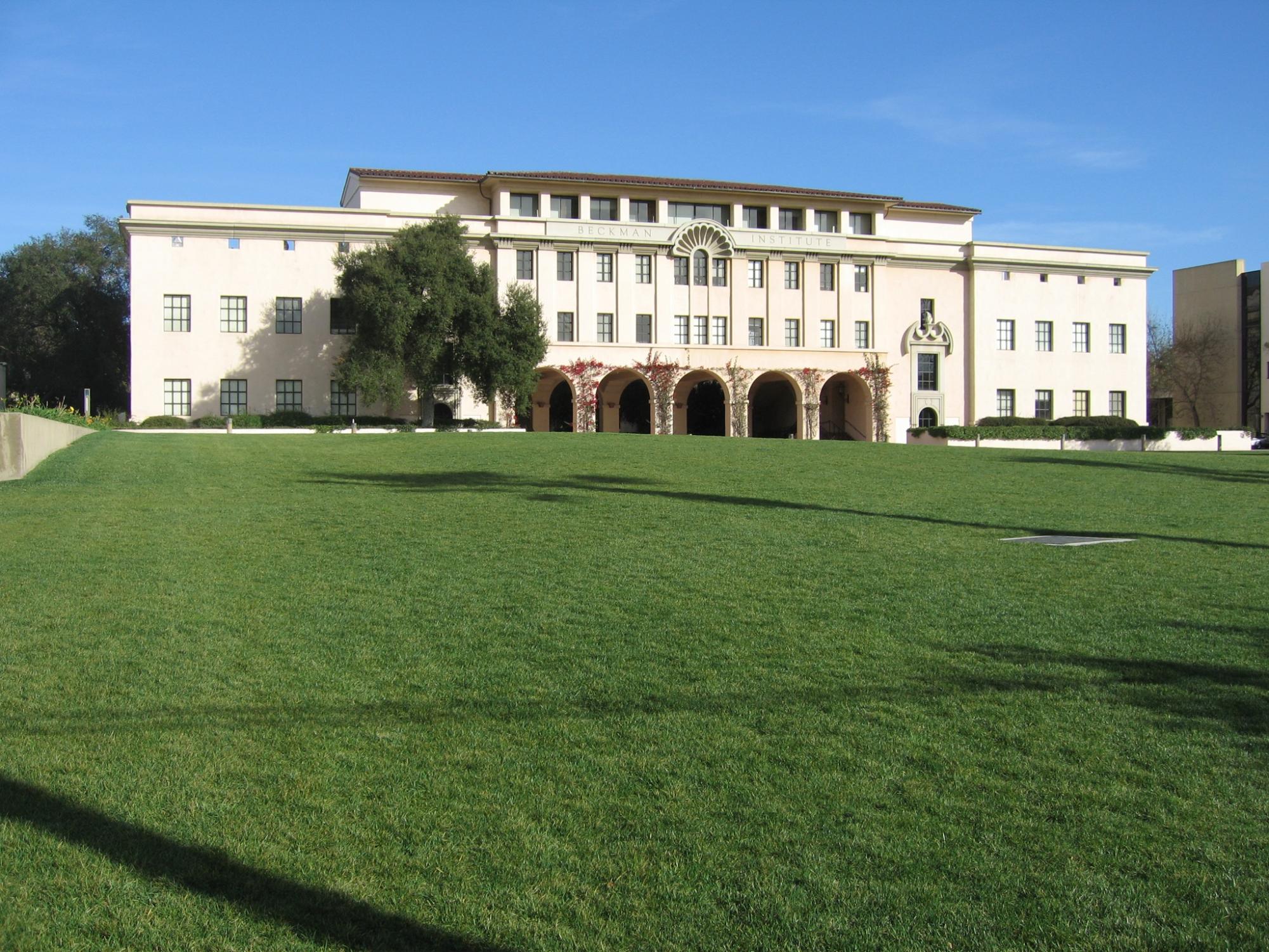
Despite what a lot of students seem to believe, your grades and test scores are not the only things that top universities look for. A main part of your application is extracurricular activities, including clubs and sports.
“Extracurricular activities are important in that they help college admissions counselors understand the student as a whole person – ie: how do they manage their grades while being involved in things outside of the classroom,” Kelly Hudson, an admissions officer at St. Elizabeth’s School of Nursing, said.“These activities also give admissions counselors an idea as to the student’s interests and what they might be involved with once they become college students.”
Top universities trust you to manage your time in a way that allows room for several activities that you are passionate about.
“JHU (John Hopkins University) expects applicants to manage both their classes and outside activities so that neither are compromised due to time constraints.”
A part of extracurriculars is volunteering and impact. This includes helping out at your local animal shelter or feeding the homeless. However, it is important to note that volunteering is only a major part of your application if directed towards something.
“Having 200 hours spread across random volunteering efforts may not be as valuable as 50, all dedicated to a cause you really care about and write an essay about,” Khan said.
The last thing to know is that someone, a teacher or counselor, will have to vouch for you. Most colleges will require one or two letters of recommendation, in which your teachers will showcase what they love about you.
“We recommend requesting letters from teachers who taught you in your final two years of high school, who know you well, and can speak knowledgeably about your skills and performance in their classroom.” This is from the Caltech undergraduate admissions team. “We would like your humanities or social science teacher to comment on your writing skills, so be sure to ask a teacher from a class with a significant writing component”
Mahad Khan gives you a final piece of advice:
“I know high school is daunting and that getting into a top college may seem like the only thing that matters,” Khan said.“But I will say this: stop trying to craft the perfect college application. Refrain from doing things just because you think they are impressive. Instead of trying to “win” college admissions, take the time to figure out your interests and what you care about. Fall down that rabbit hole, and I guarantee you’ll come up with meaningful activities.”
Your donation will support the student journalists of Logansport High School. Your contribution will allow us to purchase equipment and cover our annual website hosting costs.



